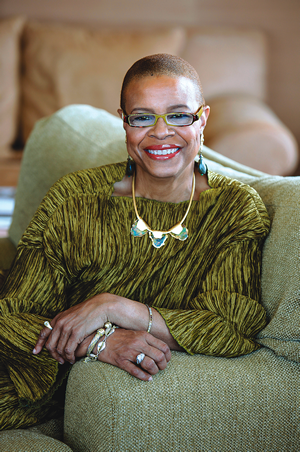African-American MH Concerns Addressed at Baltimore Forum
Abstract
Experts say it’s time to make mental health care an essential component in the lives of African Americans.
Though more efforts have been set in motion to address the often unspoken presence of mental illness in the black community, mental health professionals are determined, more than ever, to keep this topic at the forefront of conversations pertaining to the health of African Americans.
Last month mental health professionals from around the nation gathered in Baltimore to discuss mental health care, or the lack thereof, among African Americans in urban communities.

Terrie Williams, L.C.S.W., author of Black Pain: It Just Looks Like We’re Not Hurting, discussed how exposure to inner-city violence can have negative consequences on mental health.
“We are in great need of understanding the importance of our mental and emotional health,” said Terrie Williams, L.C.S.W., author of the book Black Pain: It Just Looks Like We’re Not Hurting and keynote speaker at “Black and Blue: The State of African American Mental Health,” the inaugural event of this year’s OMNA on Tour series, sponsored by APA’s Division of Diversity and Health Equity.
Williams, who was raised and has a clinical practice in New York City, explained to conference attendees that African Americans face many hardships that affect mental health, ranging from racism to inner-city violence—yet many do not seek help.
Williams told Psychiatric News that it is impossible to quickly recover from traumatic events, such as witnessing a shooting, stabbing, or murder without receiving professional mental health care. “The mental health repercussions of these experiences will present themselves, either immediately or later in life,” said Williams. READ MORE.■
More information on OMNA on Tour programs can be accessed here.



